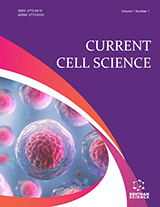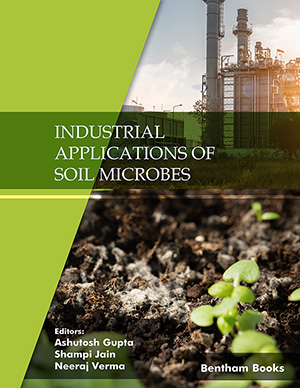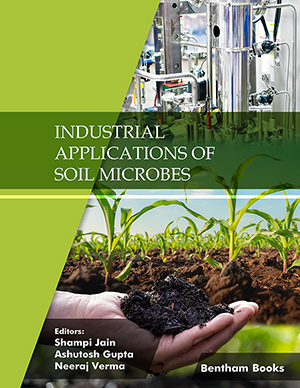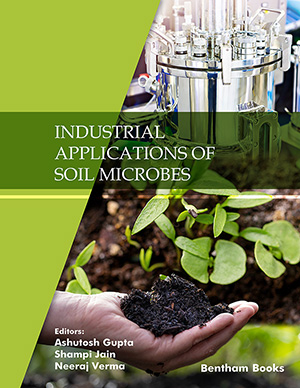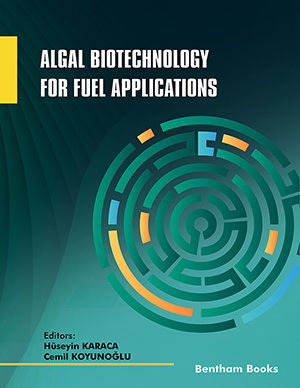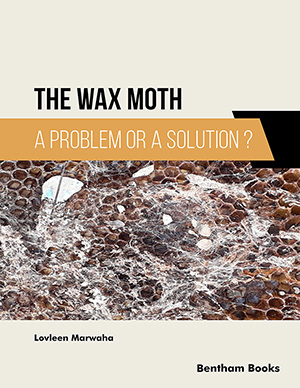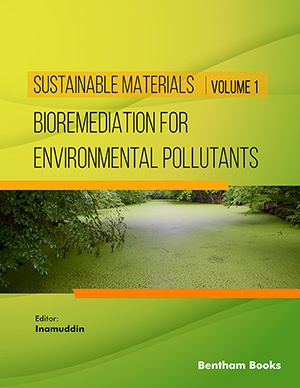Abstract
With the fairly recent advent of inexpensive, rapid sequencing technologies that continues to improve sequencing efficiency and accuracy, many species of animals, plants, and microbes have complete annotated genome information publicly available. The focus on genomics has thus been shifting from the collection of whole sequenced genomes to the study of functional genomics. Reverse genetic approaches have been used for many years to elucidate the gene function and resulting phenotype from DNA sequence content. Many of the currently used approaches (RNAi, gene knockout, site-directed mutagenesis, transposon tagging) rely on the creation of transgenic material, the development of which is not always feasible for many plant or animal species. TILLING is a non-transgenic reverse genetics approach that is applicable to all animal and plant species which can be mutagenized, regardless of its mating / pollinating system, ploidy level, or genome size. This approach, however, does require prior DNA sequence information. TILLING can ultimately provide an allelic series of silent, missense, nonsense, and splice site mutations to examine the effect of various mutations in a gene and their link to a particular phenotype. TILLING has proven to be a practical, efficient, and an effective approach for functional genomic studies in numerous plant and animal species. EcoTILLING, which is a variant of TILLING, examines natural genetic variation in populations and has been successfully utilized in animals and plants to reveal genetic diversity. In this review, TILLING and EcoTILLING techniques are described and reviewed, as well as, their beneficial applications and limitations.
Keywords: Reverse genetics, TILLING (target induced local lesions in genomes), EcoTILLING (Ecotype TILLING), sequencing, SNP (single nucleotide polymorphism), mutant population, functional genomics, germplasm, genetic diversity.




